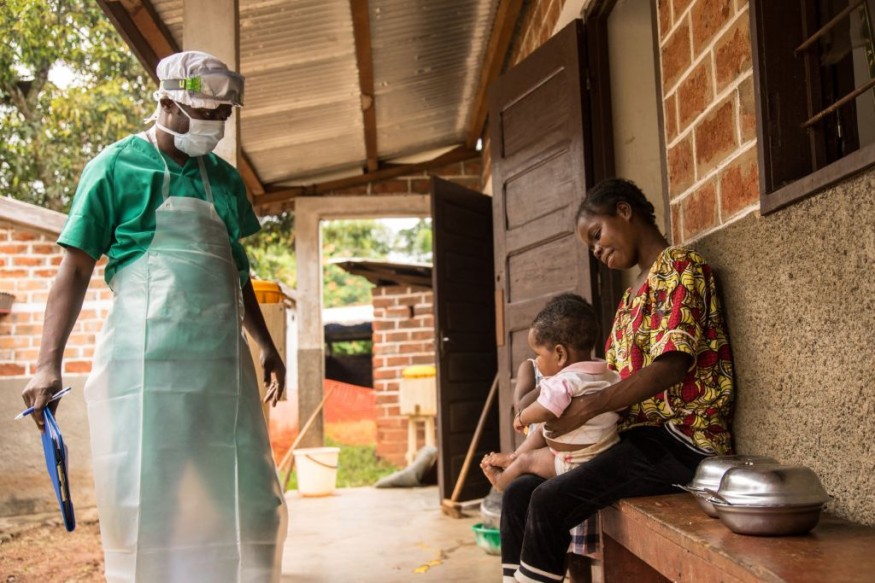As worries of an outbreak mount, US health officials have verified that the first case of monkeypox was found in the country in 2021.
New cases of the virus, which kills one out of every ten individuals infected, were reported today in the United Kingdom and Portugal, with suspected occurrences in Spain and Canada.
According to the Massachusetts Department of Public Health (per Express), the infected patient is an adult male who recently traveled to Canada.

Monkeypox Now Reaches United States
It is the first monkeypox case reported in the United States this year, The New York Times said. Last year, officials in Texas and Maryland each reported one instance. However, the new instance comes after a string of strange clusters in other nations that have alarmed health experts.
Since last Thursday, the patient has been in an airborne infection isolation chamber.
The Department of Public Health is collaborating with the man's medical team, local health boards, and the CDC to determine who else he may have come into contact with while infected with the virus. Patients are often not infectious until they display symptoms, according to doctors.
The patient was admitted on May 12 to Massachusetts General Hospital, which is the designated regional emerging special pathogens treatment center for New England. An "alert" clinician team decided to check for monkeypox after hearing about recent cases in the United Kingdom.
"This patient, fortunately, is doing quite well now, although did have, have symptoms that require the hospitalization," Dr. Erica Shenoy, medical director of the Region 1 Emerging Special Pathogens Treatment Center, told CNN.
The virus strain has been identified as one from West Africa, which is believed to be less severe.
Dr. Paul Biddinger, chief preparation and continuity officer at Mass General Brigham, said local officials are not aware of any instances in Canada, which is not a place where monkeypox is prevalent.
Biddinger stated that they are unsure how the patient became infected, but this is a highly uncommon illness with very rare transmission worldwide.
"This is an evolving situation where in the past two weeks, we have seen a number of cases without a reported travel history to West Africa, which has been the travel that's been most relevant. So right now, we don't have that travel history, we don't know how the patient acquired this infection and that's why we're working closely with public health authorities," Biddinger said in an NBC Boston report.
Another NY Times report said the United States saw a monkeypox outbreak with hundreds of cases in 2003. According to the CDC, all illnesses were caused by exposure to sick prairie dogs and other animals imported from Ghana. The smallpox vaccination was used to help control the outbreak.
Monkeypox Explained
Monkeypox is a "nasty illness." The symptoms include Fever, bodily pains, swollen lymph nodes, and finally, "pox," or painful, fluid-filled blisters on the face, hands, and feet, NPR.
One kind of monkeypox is hazardous, killing up to 10 percent of those afflicted. The current English version is softer. It has a mortality rate of less than 1 percent. A case usually takes two to four weeks to conclude.
Monkeypox is usually caught from animals in West Africa or Central Africa and spreads to other nations. Person-to-person transmission is uncommon since it necessitates direct contact with body fluids like saliva or pus from lesions. As a result, the danger to the general public is low.
According to the CDC, monkeypox was first discovered in 1958 in monkeys housed for study. In 1970, as officials were working to eliminate smallpox, the first human case was identified in the Democratic Republic of Congo.
RELATED ARTICLE: Monkeypox Outbreak in UK: How Does the Disease Spread? 5 Steps to Take to Prevent Transmission of the Virus
Check out more news and information on Medicine and Health in Science Times.











